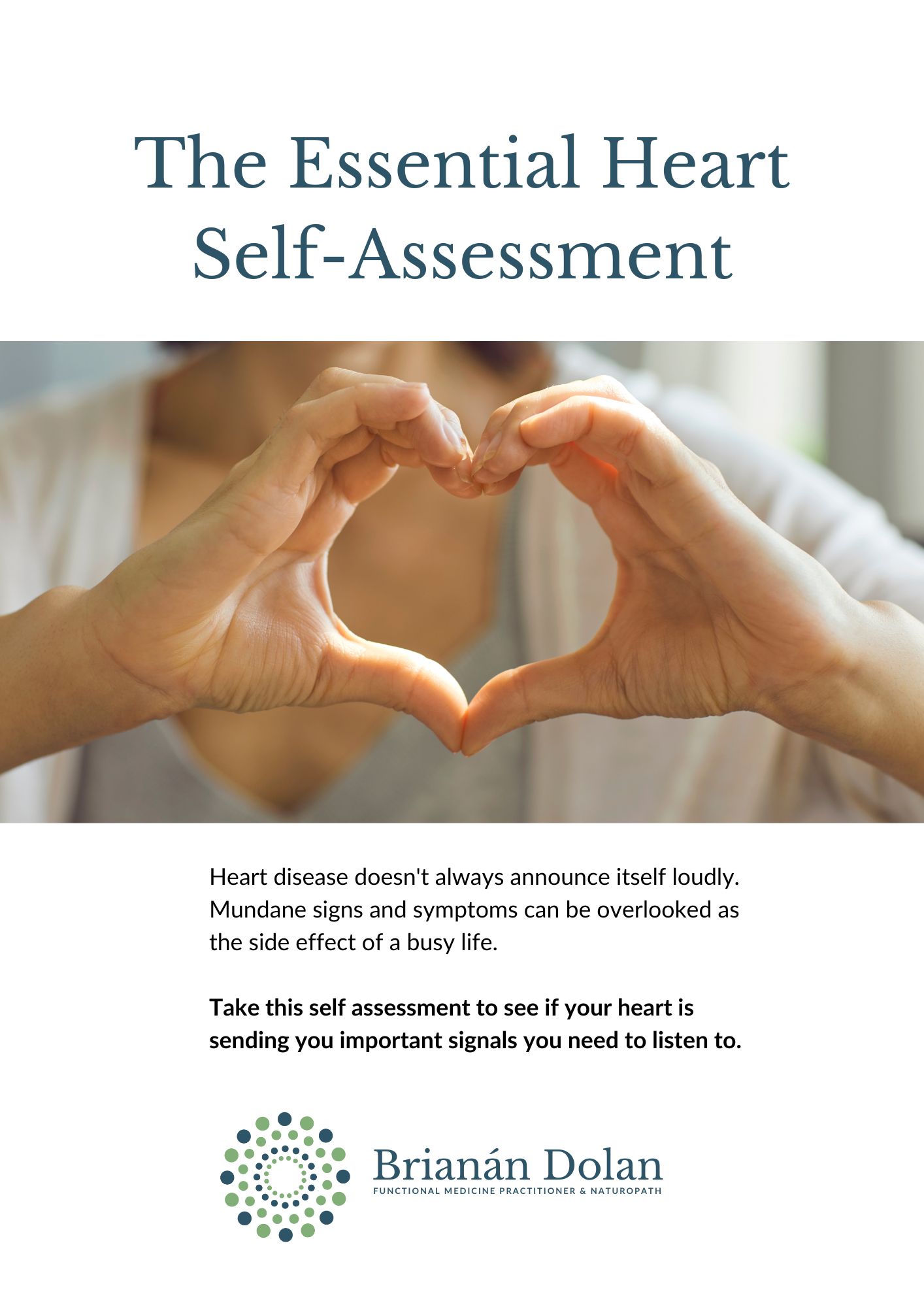As we celebrate Heart Week from the 7th to the 15th of June, it’s a great time to dive into an important topic: cholesterol and statins. Let’s discuss why cholesterol is essential for your body and the potential side effects of statins.
The Importance of Cholesterol
Cholesterol often gets a bad rap, but it plays several vital roles in our body:
1. Sex Hormones Production: Cholesterol is at the top of the sex steroid pathway, meaning you need it to produce essential hormones like testosterone, estradiol, and progesterone.
2. Fat-Soluble Vitamins: Your body requires cholesterol to absorb vitamins A, D, E, and K, which are crucial for various bodily functions.
3. Bile Production: Cholesterol is necessary for producing bile, which helps in the digestion of fats.
4. **Cell Function**: Every cell in your body needs cholesterol to maintain its structure and function properly.
Shout Out to Dr. Malcolm Kendrick
A big shout out to Dr. Malcolm Kendrick, who wrote “The Great Cholesterol Con” back in 2007. Dr. Kendrick explores the link between elevated cholesterol and going on to develop heart disease, challenging conventional wisdom. His book is a fascinating read and was certainly ahead of its time.
The Side Effects of Statins
While statins are widely prescribed to lower cholesterol, it’s important to be aware of their potential side effects:
1. Vitamin D Synthesis Inhibition: Statins inhibit the synthesis of vitamin D, an essential immune modulator. If you’re on a statin, ensure you get your vitamin D levels checked regularly.
2. Vitamin K2 Production Inhibition: Statins also inhibit the production of vitamin K2, which is crucial for cardiovascular and bone health.
3. CoQ10 Depletion: Statins deplete CoQ10, an enzyme necessary for heart and mitochondrial function. Supplementing with CoQ10 is recommended if you’re taking statins.
4. Liver Enzyme Aggravation: Statins can increase liver enzymes, indicating liver stress.
5. Blood Sugar Increase: Statins can raise blood sugar levels, which is particularly concerning for pre-diabetic or type 2 diabetic individuals. Regular monitoring is essential.
6. Testosterone Depletion: Statins deplete testosterone, (which is essential for both men and women) is affecting brain function, muscles, and libido. In men, this can lead to erectile dysfunction.
7. Cataract Formation: There is some debate about whether statins contribute to the development of cataracts, with studies offering conflicting results.
8. Dementia Risk: A study published in 2021 in the Journal of Nuclear Medicine highlighted that lipophilic statins may double the risk of dementia. These include atorvastatin (Lipitor), fluvastatin (Lescol), lovastatin (Mevacor), pitavastatin (Livalo), and simvastatin (Zocor). Hydrophilic statins like pravastatin (Pravachol) and rosuvastatin (Crestor) were not found to double the risk.
If you’ve had a heart attack, stroke, or needed stents, statins can be beneficial due to their anti-inflammatory and anticoagulant properties. However, if you’ve been told you have elevated cholesterol and need to take a statin, it’s important to be informed about potential side effects. This information isn’t intended to frighten but to educate. Always consult with your GP, and consider getting your vitamin D, K2, and CoQ10 levels checked regularly if you’re on a statin.
For more detailed insights, check out the work of Dr. Malcolm Kendrick and Dr. Ken Berry, who provide valuable perspectives on cholesterol and statins.
Stay informed and proactive about your heart health this Heart Week – be sure to follow my content on social media:
And be sure to check the Essential Heart Self-Assessment below to tune into the signs and signals your heart is sending.
Research references:
- Research VitaminD: https://www.ncbi.nlm.nih.gov/pmc/arti…
- Vitamin K2 synthesis: https://pubmed.ncbi.nlm.nih.gov/25655…
- CoEnzyme Q10: https://pubmed.ncbi.nlm.nih.gov/14695…
- Cataracts: https://pubmed.ncbi.nlm.nih.gov/24052…
- Hyperinsulinemia: https://www.ncbi.nlm.nih.gov/pmc/arti…
- Hyperglycemia: https://www.ncbi.nlm.nih.gov/pmc/arti…
- Testosterone: https://www.ncbi.nlm.nih.gov/pmc/arti…
- *Lowers DHEA: https://www.ncbi.nlm.nih.gov/pmc/arti…
- *Worsens Memory: https://jamanetwork.com/journals/jama…
- *Increase Liver Enzymes: https://www.ncbi.nlm.nih.gov/pmc/arti…
- *Increase E.D.: https://www.ncbi.nlm.nih.gov/pubmed/1…
https://www.ncbi.nlm.nih.gov/pubmed/1…
The paper below highlights the risk of this type of statin of dementia
- Hydrophilic or Lipophilic Statins? https://www.ncbi.nlm.nih.gov/pmc/arti… (Climent et al.)
- Lipophilic statins – atorvastatin(Lipitor), fluvastatin (Lescol), lovastatin (Mevacor), pitavastatin (Livalo), and simvastatin (Zocor).
- Hydrophilic statins – pravastatin (Pravachol), and rosuvastatin (Crestor)





